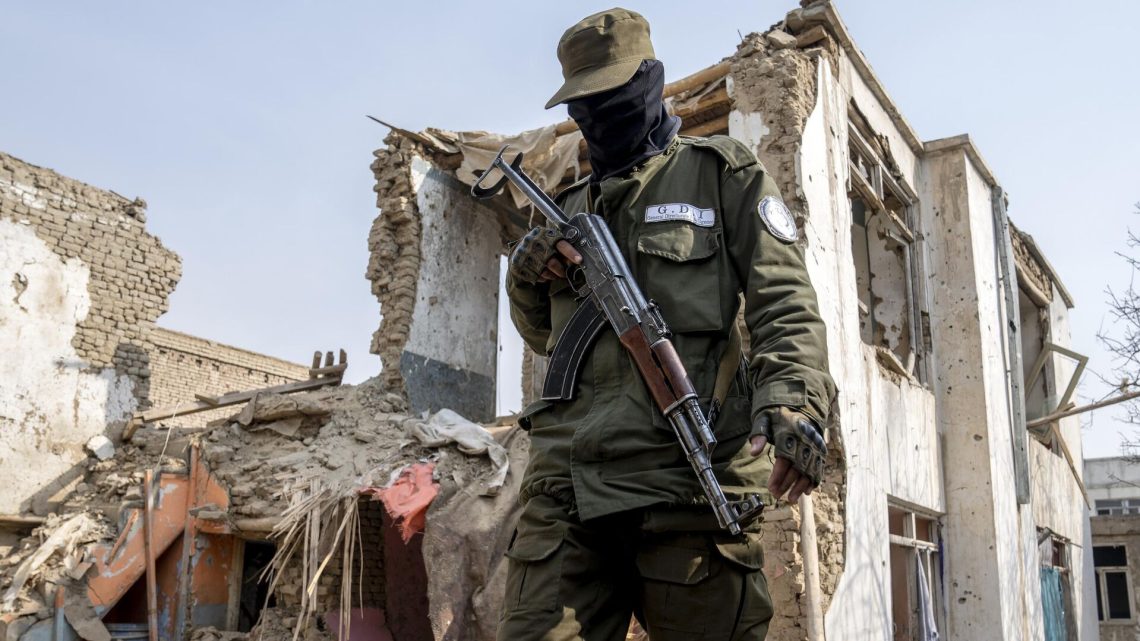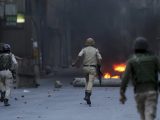
India’s Covert Support to TTP: A Threat to Regional Stability
July 1, 2024India, along with Afghanistan, is reportedly extending significant support to Tehrik-i-Taliban Pakistan (TTP) through its intelligence agency, the Research and Analysis Wing (RAW). This support aims to target Kashmiris, Pakistanis, and Sikhs, with a particular focus on Chinese nationals working on development projects in Pakistan, especially those related to the China-Pakistan Economic Corridor (CPEC). The objective is to inflict economic losses on Pakistan and destabilize the region.
Former CIA data analyst Sarah Adams disclosed in her study that India recently paid $10 million to Afghanistan to facilitate the assassinations of leaders from various groups, including Kashmiris, Khalistanis, and others across Pakistan. The TTP and Baloch terrorist networks are allegedly being used for these operations. Adams’ study reveals undeniable facts indicating that Indian RAW is using TTP as a proxy to crush freedom movements of Kashmiris and Sikhs and to attack Pakistani nationals wherever possible.
Utilizing Afghanistan as a strategic proxy, India orchestrates subversive activities, thereby exacerbating tensions and perpetuating conflict in the region. This covert support to terrorist organizations not only undermines regional stability but also poses a significant threat to peace and security in South Asia.
The targeted killings and attacks on development projects are part of a broader strategy to disrupt Pakistan’s economic progress and create an atmosphere of fear and uncertainty. The involvement of Chinese nationals in these attacks highlights the geopolitical dimensions of this conflict, as China is a key ally of Pakistan and a major player in regional development through initiatives like the CPEC.
The revelations by Adams point to a complex network of support and coordination between Indian intelligence and terrorist groups operating in Pakistan and Afghanistan. This nexus poses a severe challenge to efforts aimed at fostering peace and stability in the region. The use of proxy warfare by India, as indicated in the study, reflects a dangerous escalation in the tactics employed to achieve geopolitical objectives.
The international community must take these revelations seriously and push for accountability and transparency. Efforts should be made to investigate these claims and address the underlying causes of conflict. Diplomatic channels should be used to convey concerns and seek cooperative measures to combat terrorism and promote peace in the region.
To conclude, the support extended by India and Afghanistan to TTP through RAW, as revealed by Sarah Adams, underscores the urgent need for a coordinated international response to address the threat of terrorism and ensure regional stability. The use of proxy warfare to achieve political and economic goals must be condemned, and steps should be taken to foster dialogue and cooperation among regional players to resolve conflicts and promote peace.

